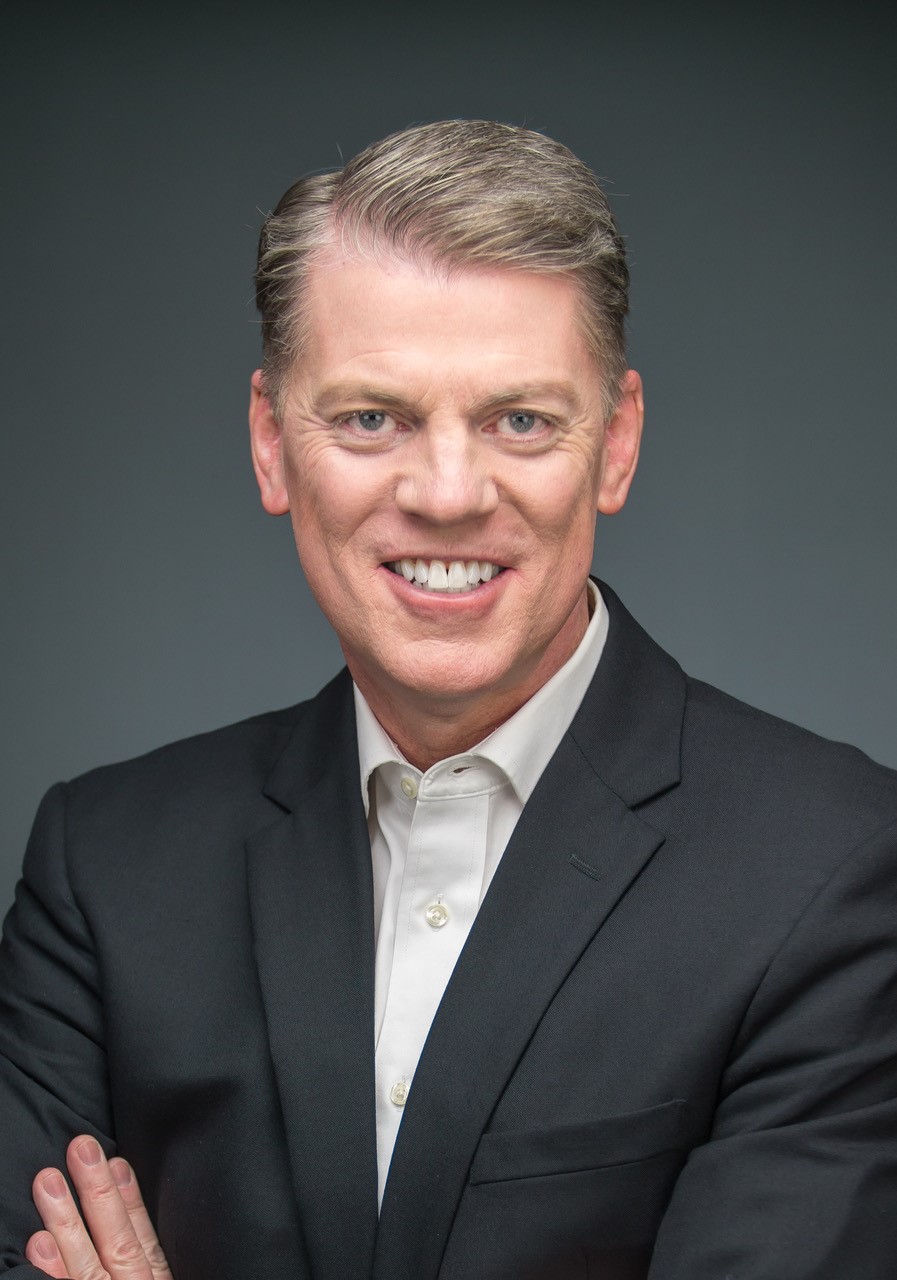On Monday morning, the world awakened to yet another tragic headline—to more senseless, indifference-filled killing. This week, Las Vegas. Six weeks ago, Barcelona and Charlottesville. Before that London, Washington, D.C, Manchester, Paris, Stockholm, Berlin, Aleppo, Kabul, Normandy, Nice, Lahore, Orlando, Brussels, Peshawar, San Bernardino, Ankara, Beirut, Boston, Mumbai, New York.
Every heinous act in this world since the beginning of time has had at its heart the dehumanization of others. This objectification of others is the plague of our day. I call it a plague because it is both communicable and deadly. It spreads—sometimes wildly—because people who feel dehumanized by others often feel provoked and justified in objectifying in return. As for being deadly, Las Vegas is the latest heartbreaking example.
While plagues of old killed the flesh, this plague shrivels hearts and blinds minds, turning man himself into the killing agent. As dangerous as microbial and viral threats can be, this plague of dehumanization is the only malady in this world that threatens the world itself.
What Changes Are We Each Willing to Make to Stop Such Dehumanization?
This question may not appear to apply to most of us. After all, you would never hole up in a hotel room and gun down and maim hundreds of people, and neither would I. But to the extent we objectify others in any way—due to race, religion, gender, rank, status, nationality, or any other marker—we are unwitting contributors to this plague of our day by contributing to a culture of objectification and blame.
Eradicating this heart-level plague will require individual and systems-level shifts, and I wonder whether the people and governments of the world will be willing to do the work that is necessary to make these shifts. The reason I wonder is because doing so may require individuals and organizations to begin questioning some of their long-held beliefs and practices—political systems, for example, that are built on the demonization of those on the other side of the aisle and those who support them. Our divisive political climate may not seem to be connected to Las Vegas, but I believe it is—directly so, in fact. The objectification of the other is the plague that is undermining and threatening us from every direction.
Consider an Example
The U.S. military, to its credit, has made eradicating sexual assault a high priority. However, successfully accomplishing this will require the military to question practices and beliefs it may not want to question.
Sexual harassment, like gunfire into a crowd of innocents, is a behavioral manifestation of the heart-level plague that is driving it: the objectification of others. There will be no significant solution to the problem of sexual harassment in the military until military leaders and members are willing to take on the problem of objectification and dehumanization more generally. To the extent that military culture values or defends or ignores dehumanizing, others-objectifying practices in its training practices or among its ranks, they will be fueling the plague that is driving what they say they want to stop, and their efforts to curb sexual harassment will produce only marginal improvements.
The same could be said of efforts to curb sexism or anti-Semitism or racism. Last week, Lieutenant General Jay Silveria, superintendent of the United States Air Force Academy, made an impassioned speech against all such objectification when he addressed the entire U.S. Air Force Academy community after racial slurs were posted on a message board at an Air Force prep school.
“If you are outraged by those words,” he said with conviction, “you are in the right place. You should be outraged not only as an airman but as a human being.” After inviting everyone to turn on their phones to record his final message, General Silveria said, “If you can’t treat someone with dignity and respect, then you need to get out.”
The Questions We Must Ask
What is true at a systems level is true at an individual level as well. Taking General Silveria’s message to heart, we might ask ourselves: What practices or beliefs or prejudices need to be extinguished from us? We need to get ourselves out of every belief and practice that justifies our treating others with anything less than dignity and respect.
In the wake of the Las Vegas massacre, the immediate argument is about whether guns should be further restricted. I’m suggesting the need for a much deeper inquiry. What aspects of our culture and politics demean and belittle others? What practices diminish the meaning of human life and which of them honor it? What activities connect us with others, and which of them invite and justify disconnection? These are the kinds of questions—individually and collectively—that we must seriously consider if we are interested in eradicating the plague of our day rather than just treating its symptoms.
Genetically, even the most different of us are 99.9% identical, so when our hearts go to war against others, they go to war against all of humanity, including ourselves. This means that if we look in the mirror carefully, we can see all of humanity staring back at us. And the thing that should be most obvious about that reflection is that we are looking at a person.
Whatever dignity and respect the person in the mirror feels he or she deserves is the same dignity and respect that we owe to all.
To act contrary to this is to spread the plague we think we are fighting.
Find out more about the Arbinger Institute: www.arbinger.com


